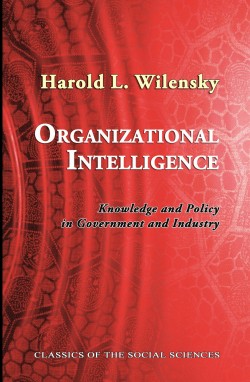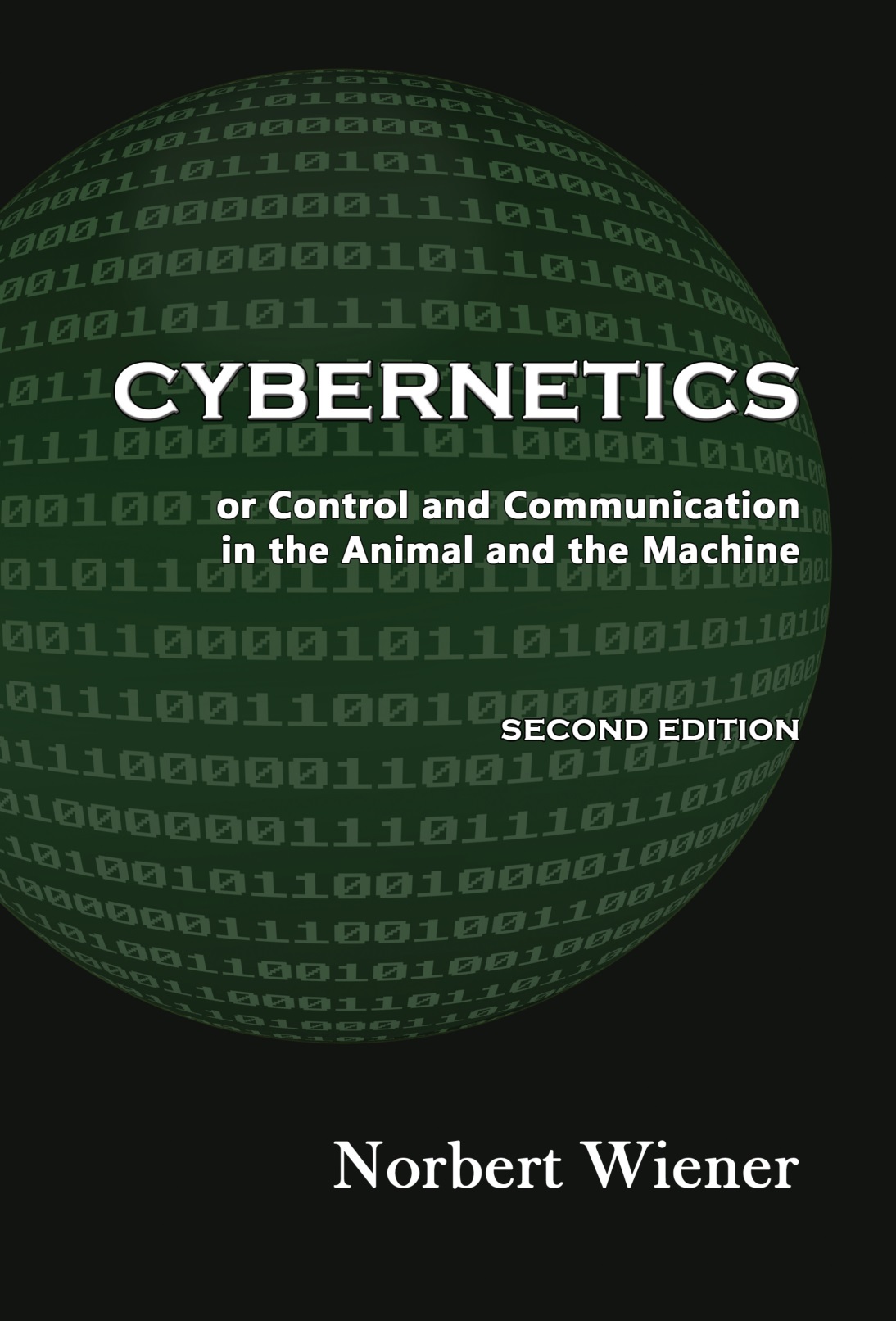Wilensky’s classic Organizational Intelligence takes on failure in intelligence and informational decision-making
 crisis), military (civilian bombing of Germany), financial (AmEx’s investment in a vegetable oil guru), economics (the Council of Economic Advisers) and industrial production (Ford’s Edsel), as well as many other telling arenas and disciplines. Economic, cultural, legal, and political contexts are considered, as well as the more known institutions of government and commerce.
crisis), military (civilian bombing of Germany), financial (AmEx’s investment in a vegetable oil guru), economics (the Council of Economic Advisers) and industrial production (Ford’s Edsel), as well as many other telling arenas and disciplines. Economic, cultural, legal, and political contexts are considered, as well as the more known institutions of government and commerce.
The Classics of the Social Sciences edition from Quid Pro Books adds a new introduction by Neil J. Smelser, University Professor Emeritus at Berkeley and former chair of its sociology department. He writes that the book remains “one of the classics in organizational studies, and — in ways I will indicate — it is still directly relevant to current and future problems of organizational life. … What makes this book a classic? It is a disciplined, intelligent, and elegant model of applied social science. … The text itself, richly documented empirically, yields an informed and balanced account of the decision-making process as this is shaped by the quality of information available (and unavailable) to and used (and not used) by organizational leaders.”
Reviews of the book at the time it was written similarly attest to the originality and breadth of its interdisciplinary analysis. Amitai Etzioni wrote in the American Sociological Review: “This book opens a whole new field — the macrosociology of knowledge. It is as different from the traditional sociology of knowledge as the study of interaction is from that of the structure of total societies.” He adds, “The power of Wilensky’s contribution is further magnified by his historical perspective. He studies structures and processes, but not in a vacuum.” Gordon Craig wrote in The Reporter that the book’s examples from organizations “show a similar tendency to believe what they want to believe, to become the victims of their own slogans and propaganda, and to resist or to silence warning voices that challenge their assumptions…. In his fascinating analysis of intelligence failures and their causes … in the public and private sectors, Wilensky finds that the most disastrous miscalculations are those which have occurred in the field of governmental operations, especially foreign policy and national security.” The book explains how such highly institutionalized actors are vulnerable to informational pathologies.
The new digital edition features active Contents, a fully linked Index, linked notes, and proper ebook formatting. The new paperback embeds the original pagination, maintaining continuity of references and citations with previously published editions. This is a modern, quality, and authorized re-presentation of a classic work in social science and organizational studies.
Harold L. Wilensky (1923–2011) was a professor of sociology and political science for more than 50 years at the University of California, Berkeley. He previous taught at the University of Michigan, served in World War II, and earned his PhD in sociology from the University of Chicago. Wilensky made major contributions to understanding the impact of industrial transformation on the structure, culture, and politics of modern society. He was a pioneer in the study of the welfare state and social policy, the intellectual life of labor unions, and the structural and ideological roots of intelligence failures in government and industry. He produced 75 articles and 13 books, including American Political Economy in Global Perspective (2012), Rich Democracies (2002), and Industrial Society and Social Welfare (1958).
Amazon for Kindle.
Barnes & Noble for Nook.
Google for Google Play, and more generally at Google Books.
Apple iTunes and iBooks, direct on iPad and iPhone. Preview online.
And at Smashwords in universal ePUB format, and look for it in ePUB at Kobobooks.
…
CATALOGING: Organizational Intelligence: Knowledge and Policy in Government and Industry
ISBN 9781610272872 (paperback) | list price: $29.99
ISBN 9781610272889 (ebook) | list price $9.99
Page count: 226 pp.
Publication date: Apr. 7, 2015



